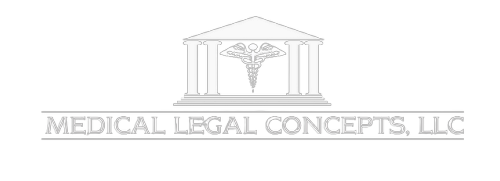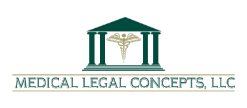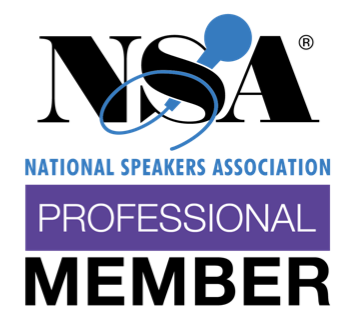Interactive, Actionable Keynotes
Evaluating Health Literacy in Contemporary Organizations
Low literacy is associated with several adverse health outcomes, including low health knowledge, increased incidence of chronic illness, poorer intermediate disease markers, and less than optimal use of preventative health services. Only 12% of adults are considered to have proficient health literacy according to a report in Modern Healthcare (2013). More than one third of all U.S. adults, which is about 77 million people, are categorized as having basic or below-basic levels of health literacy, according to data collected by federal agencies. The Health and Human Services Action Plan to Improve Health Literacy (May, 2010) focuses on strategies to reduce jargon in medical literature and making health-related websites more usable by providing more easy-to-follow health recommendations to the public. Interventions to mitigate the effects of low literacy have been studied, and some have shown promise for improving patient health and receipt of health care services. Clinical screening for health literacy is controversial because of the potential for inducing shame and stigma associated with low literacy and the complexity of the health care system and how patients experience it is also an important consideration when addressing health literacy and health care disparities. We lack the measurement tools to assess patient literacy which presents more of a challenge to health care providers and health systems to more effectively communicate with patients. This presentation will provide a brief historical scope of health literacy and essential tools necessary to evaluate health literacy of patients so appropriate interventions are selected by health care provides that best meet the health literacy level of patients.
Educate and inspire your healthcare team.
Schedule a consultation today with Dr. Henderson.






